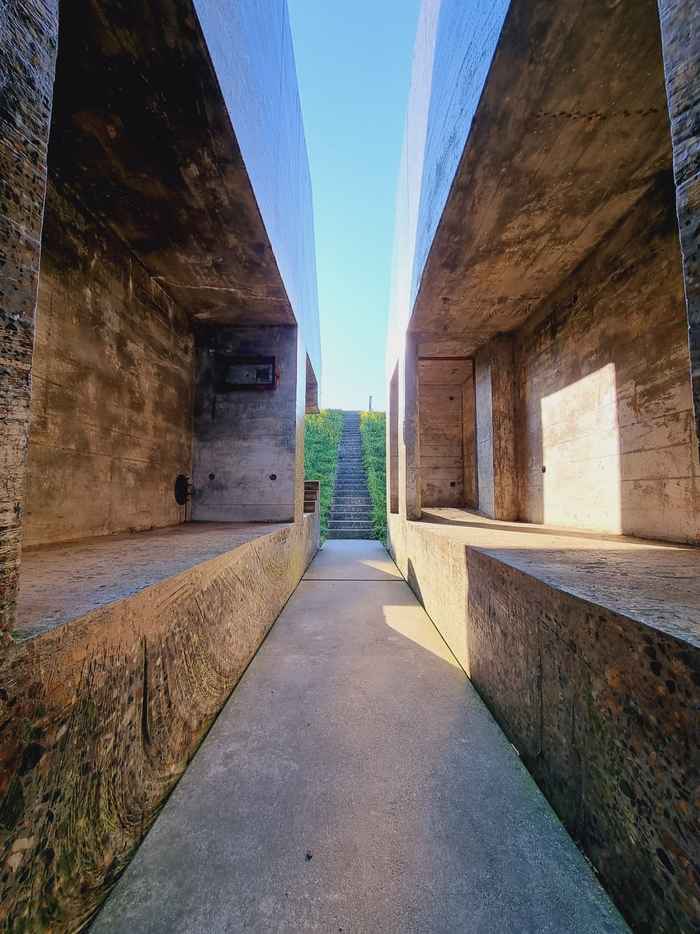Call for Papers: Affective landscape and rational identities: sensory approaches in landscape archaeology
10 March 2022

The common understanding of ‘landscape’ has been broadened in the last few decades by multidisciplinary approaches combining traditional archaeological perspectives with more affective fields, from phenomenology to psychoacoustics and disability studies. Innovative sensory-based investigatory methods employ acoustic analysis, smell-scape and taste-scape studies, and kinesthetic research at varying scales, for example. These and many other approaches place individual human experience in the center, productively questioning the Cartesian or ocular-centric foundations of landscape archaeology and uncovering how the entire human sensorium has played a role in human-environment interrelationships. It is through the whole body that people shape and are shaped by the surrounding world, continuously recreating their knowledge, behavior, and social memory.
To bring the research forward, this session calls for contributions that present sensory-based research of the historic cultural landscape (both built and natural environments) from any period and geographical area. Research addressing affective approaches to landscape archaeological investigation, valorization, conservation, or interpretation are welcome. Pertinent questions to address may include:
- What has been the relationship between affective experience and place-making in a landscape?
- How were the senses relevant to the experience of the past? How can the sensory experience of a space today reflect and interpret the realities of the past?
- How do we approach the distinction between recursive and singular affective characterization of a landscape?
- How can a focus on the senses, particularly in a subject-oriented framing of a site, offer new paths in preservation, reconstruction, and interpretation of historic landscapes?
- How can we preserve affective aspects to better understand the rational landscape? Are distinctions necessary between public-facing and academic communication?
Proposals (max. 500 words) for an oral presentation (15 minutes) or a poster (5 minutes) can be submitted by 29 April 2022.